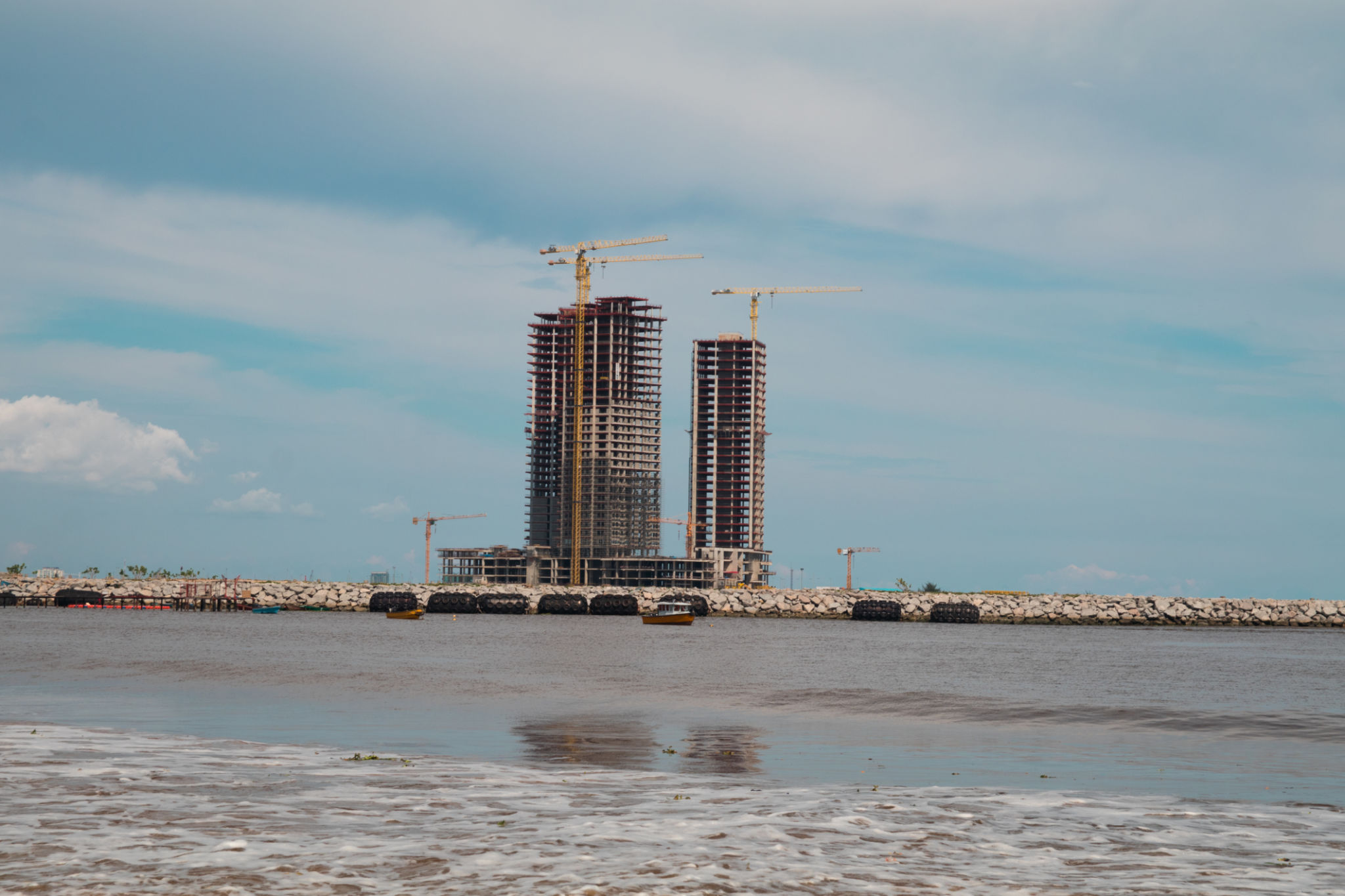Debunking Myths About Eko Atlantic: What Developers Should Know
Understanding Eko Atlantic: Separating Fact from Fiction
As one of Africa's most ambitious urban development projects, Eko Atlantic has captured global attention. However, with such prominence comes a fair share of misconceptions. For developers considering investment opportunities in this thriving city, understanding the truth behind these myths is crucial.

The Myth of Limited Infrastructure
A common misconception is that Eko Atlantic lacks adequate infrastructure. In reality, the city has been meticulously planned to incorporate modern amenities and facilities. From state-of-the-art road networks to reliable utilities, the development is designed to meet international standards. This ensures a seamless experience for both businesses and residents.
Developers should note that Eko Atlantic's infrastructure is continually evolving, with ongoing projects aimed at enhancing connectivity and convenience. This commitment to development underscores the city's role as a future economic hub.
Environmental Concerns: Fact or Fiction?
Some critics argue that Eko Atlantic's construction has negatively impacted the environment. However, the project includes several sustainable practices such as coastal protection measures, energy-efficient buildings, and the preservation of natural habitats.

Developers can rest assured that Eko Atlantic prioritizes environmental sustainability, making it an attractive option for those committed to green building practices.
Accessibility: A Non-Issue
Another myth suggests that Eko Atlantic is difficult to access. In contrast, the city is strategically located along Nigeria's coast, offering easy access via major highways and proximity to Lagos' central business district. Additionally, plans for public transportation systems are underway to further improve connectivity.
This accessibility makes Eko Atlantic an ideal location for businesses aiming to tap into Nigeria's vibrant market.

Investment Risks: Debunking the Doubts
Potential investors sometimes hesitate due to perceived risks associated with developing in a new area. However, Eko Atlantic presents a unique opportunity for developers to be part of a pioneering project with substantial government support and international partnerships.
The commitment from both local and international stakeholders reduces risk and adds credibility, suggesting a promising return on investment for those who choose to engage with the project.
The Reality of Community Integration
There is a belief that Eko Atlantic stands isolated from the surrounding communities. In reality, the development aims to integrate with Lagos' existing social and economic fabric. This includes initiatives to provide job opportunities and foster local talent, ensuring that the growth of Eko Atlantic benefits the broader region.
For developers, this represents an opportunity to contribute positively to community development while achieving business objectives.

Conclusion: The Promise of Eko Atlantic
Eko Atlantic is more than a visionary project; it is a testament to Africa's potential for innovative urban development. By debunking these myths, developers can make informed decisions about investing in this dynamic city. With its commitment to sustainability, accessibility, and community integration, Eko Atlantic stands as a beacon of progress and opportunity.